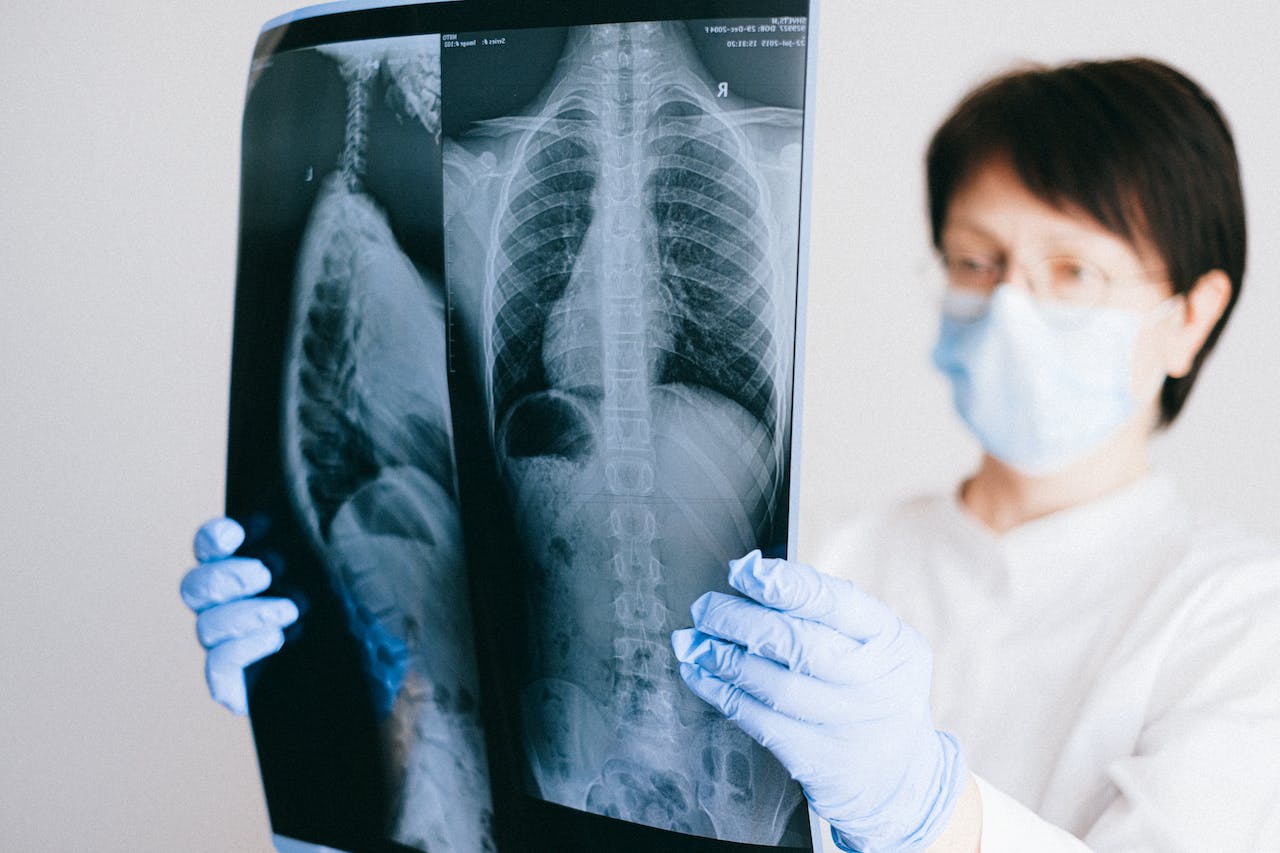Depression is a complex mental health condition that affects millions of people worldwide. It goes beyond just feeling sad or down and can have a significant impact on a person’s life. Recognising the signs and symptoms of depression is crucial in seeking help and support. In this comprehensive guide, we will explore the various aspects of depression, including its definition, prevalence, and the common signs and symptoms to look out for.

What is Depression?
Depression, also known as major depressive disorder or clinical depression, is a mood disorder characterised by persistent feelings of sadness, loss of interest, and a general lack of enjoyment in life. It is far more severe than the occasional bouts of sadness that everyone experiences from time to time. Depression affects how a person thinks, feels, and behaves, often interfering with their ability to function in daily life.
The Prevalence of Depression
Depression is a widespread mental health condition, affecting people of all ages, genders, and backgrounds. According to recent studies, depression affects around 1 in 6 adults in the UK. It is also associated with other mental health issues, such as anxiety, stress and loneliness. The prevalence of depression has been steadily increasing, making it one of the most common mental health disorders in the country.

Signs and Symptoms of Depression
Recognising the signs and symptoms of depression is essential for early intervention and effective treatment. It’s important to note that depression can manifest differently in individuals, and not everyone will experience the same symptoms. However, there are several common signs and symptoms to be aware of.
Persistent Sadness and Hopelessness
One of the hallmark signs of depression is a persistent feeling of sadness that lasts for an extended period. This sadness is not fleeting and can often be accompanied by a sense of hopelessness and despair. Individuals with depression may find it challenging to experience joy or find pleasure in activities they once enjoyed.
Loss of Interest and Motivation
Depression often leads to a loss of interest in activities, hobbies, and even social interactions. This lack of interest is not due to a simple lack of motivation but is a core symptom of depression. Individuals may feel a sense of detachment from the world around them and struggle to engage in activities they used to find pleasurable. koji9

Changes in Sleep Patterns
Sleep disturbances are a common symptom of depression. Some individuals may experience insomnia, finding it difficult to fall asleep or stay asleep throughout the night. On the other hand, others may experience hypersomnia, where they struggle to stay awake during the day and have an increased need for sleep.
Appetite and Weight Changes
Depression can also impact a person’s appetite and eating habits. Some individuals may experience a significant loss of appetite, leading to weight loss. Others may turn to food for comfort and experience an increase in appetite, leading to weight gain. These changes in appetite and weight can further contribute to feelings of distress and low self-esteem.
Fatigue and Lack of Energy
Feeling constantly tired and lacking energy is another common symptom of depression. Individuals may experience persistent fatigue, even after getting an adequate amount of sleep. Simple tasks that were once manageable may now feel overwhelming and exhausting.
Difficulty Concentrating and Making Decisions
Depression can impair cognitive function and make it challenging to focus, concentrate, and make decisions. Individuals may find it difficult to retain information, have a foggy memory, and struggle with problem-solving. These cognitive symptoms can further contribute to feelings of frustration and self-doubt.
Physical Symptoms
Depression is not solely a mental health condition; it can also manifest in physical symptoms. Individuals may experience unexplained aches and pains, headaches, digestive issues, and other physical discomforts. These physical symptoms are often unresponsive to medical treatments and can be linked to the underlying depression.
Emotional and Behavioural Changes
Depression can have a profound impact on a person’s emotional well-being and behaviour. Individuals may experience heightened irritability, restlessness, and agitation. They may withdraw from social activities, isolate themselves from friends and loved ones, and lose interest in maintaining relationships.

Recognising Depression in Different Populations
While the signs and symptoms of depression are universal, there may be variations in how it presents in different populations. It’s important to consider these differences to ensure accurate recognition and appropriate support.
Depression Signs in Men
Depression in men may often go unnoticed or be misinterpreted due to societal expectations and gender norms. Men may be more likely to express their depression as anger, irritability, or aggression. They may also be less likely to seek help due to the stigma surrounding mental health issues. Recognising these unique signs and providing a safe space for men to express their emotions is crucial.
Depression Signs in Women
Depression can also present differently in women, with hormonal fluctuations playing a role. Women may be more likely to experience symptoms of depression during certain life stages, such as postpartum depression after giving birth or premenstrual dysphoric disorder (PMDD) during the menstrual cycle. Recognising these specific signs and providing appropriate support is vital.
Early Signs of Depression in Adolescents and Young Adults
Depression can have a significant impact on adolescents and young adults, affecting their academic performance, social interactions, and overall well-being. Early signs of depression in this population may include changes in school performance, withdrawal from social activities, irritability, and increased sensitivity to rejection or criticism. Identifying these signs early on can lead to timely interventions and support.

Seeking Help for Depression
If you or someone you know is experiencing signs and symptoms of depression, it is essential to seek help and support. Depression is a treatable condition, and early intervention can make a significant difference in recovery. Here are some steps to consider:
Consult a Healthcare Professional
Start by reaching out to your primary care physician or a mental health professional. They can conduct a thorough assessment, provide a diagnosis, and recommend appropriate treatment options. A healthcare professional can also rule out any underlying medical conditions that may be contributing to your symptoms.
Explore Treatment Options
Treatment for depression often involves a combination of therapy and medication. Cognitive-behavioral therapy (CBT) is a commonly used therapeutic approach that helps individuals identify and challenge negative thought patterns and develop healthier coping mechanisms. Antidepressant medications may also be prescribed to help regulate brain chemistry and alleviate symptoms.
Build a Support System
Having a strong support system is crucial when dealing with depression. Reach out to trusted friends, family members, or support groups who can provide understanding, empathy, and encouragement. Don’t hesitate to lean on your support system during difficult times.
Practice Self-Care
Engaging in self-care activities can help alleviate the symptoms of depression. Prioritise activities that bring you joy, relaxation, and a sense of purpose. This can include exercise, proper nutrition, maintaining a regular sleep schedule, and engaging in hobbies or activities that you enjoy.
Conclusion
Depression is a complex mental health condition that can significantly impact a person’s life. Recognising the signs and symptoms of depression is crucial for early intervention and effective treatment. By understanding the various manifestations of depression and seeking appropriate help and support, individuals can take steps towards recovery and improved well-being. Remember, you are not alone, and there is hope for a brighter future. Reach out for help and take the first step towards overcoming this challenging experience.


